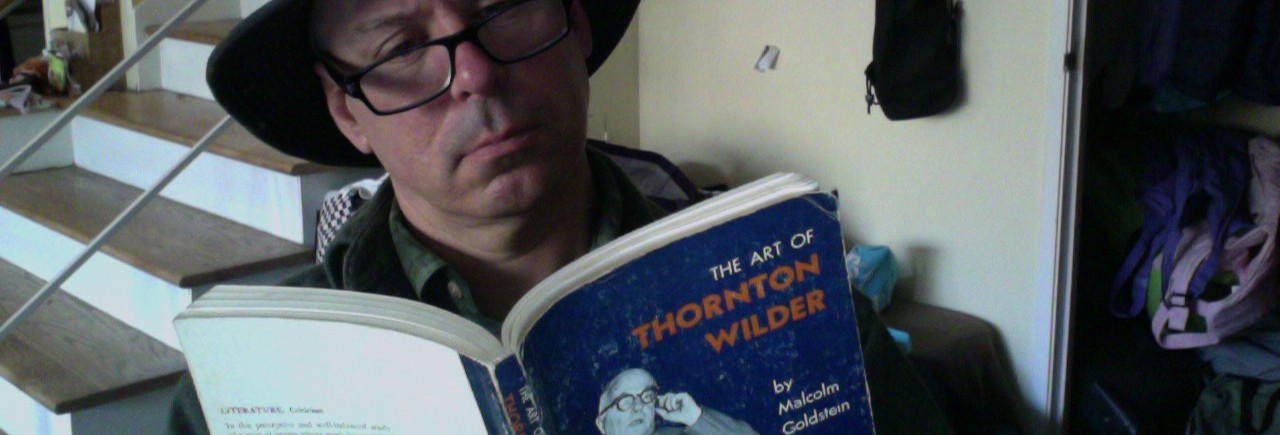Fosse
By Sam Wasson (Mariner Books/Houghton Mifflin Harcourt, 2013)
Sam Wasson’s mammoth Fosse autobiography is out in a new trade paperback edition. Its 700-plus pages give it an appealing boxy shape. The book already has an attractive structure: each chapter, except the first and the last, are titled with a certain number of years, each referring to the time before Fosse passed off this mortal plain. “Sixty Years” is the chapter about his childhood. “Fifteen Years” is when he wins the Oscar for Cabaret. “Four Years” is dealing with the disappointment over the commercial and critical failure of Star 80.
Wasson’s thorough, and his attitude is fascinating. He respects the colossal size of Bob Fosse’s ego and talent, yet he hasn’t written a hagiography. He’s concerned with Fosse’s need for complete creative control, which carries over into how he felt when he made some questionable directorial or career-based decisions.
Wasson writes a whole lot about Fosse’s work process, his relationships with his collaborators, his intense schedule and workload, and his drug use. It’s as complete a picture of a creative artist’s life and work as can be done in book form in the 21st century.
Fosse biographers find it easy to write about his films. They also like to drive about his dynamic multi-threat, multi-award-winning, multi-neurosis career. The theater stuff is harder to cover clearly. Wasson has a tough job figuring out what Fosse saw in some of the shows he got involved in, and then how much this overachiever contributed. It’s a tricky line from scene-stealing dancer and choreographer to stage director to conceptualizer to film auteur. Wasson starts with the basic theory that Fosse was a genius capable of amazing things, but he’s also willing to suspend belief, mark the various failures and misgivings, and add the perspective of hindsight.
Here’s Wasson on Little Me, the 1962 musical version of Patrick Dennis’ book, which Fosse co-directed (with Cy Feuer) and choreographed:
It was a funny thing, Little Me, a Chinese-food musical spun on a lazy Susan. On the one hand, the show was nothing, and on the other, it was nothing but a good time. Here, Fosse the director shone as never before. With artifice as his guide, he spun the lazy Susan at impossible speeds, changing scenes in a flash, sending his company in circles, calling attention to the sham of human motivation. But the show refuses to believe it’s a nihilistic show. A cannon blast of cliches, tropes and devices, Little Me took great joy in fraudulence and exposed the director’s growing exasperation with the whole kit and caboodle of musical entertainment. “I don’t think there is any such thing as a realistic musical,” he said. “As soon as people start to sing to each other, you’ve already gone beyond ‘realism’ in the musical sense … A friend mentioned that, ‘Musicals always disturb me,’ he said. ‘If they’re singing about how they’re going to kill themselves, well, that’s a serious matter. And I’m sitting in the audience and wondering how, if they feel so bad, they can sing so well?” They shared a certain kind of con, musicals and Fosse, masking reality with amusement.
But what would happen if that con was exposed? The question was Little Me. The answer was inconclusive—for Fosse aesthetically, for Feuer commercially.
This is a book that loves its subject more than it wants to overhype specific achievements. It plays the long—sixty year—game, organizing reams of research to offer perspective. For readers like me, who want to know more about how Fosse screwed up Lenny than about how he aced Cabaret (though that’s of course in there too), Sam Wasson’s Fosse is a tremendous book.

